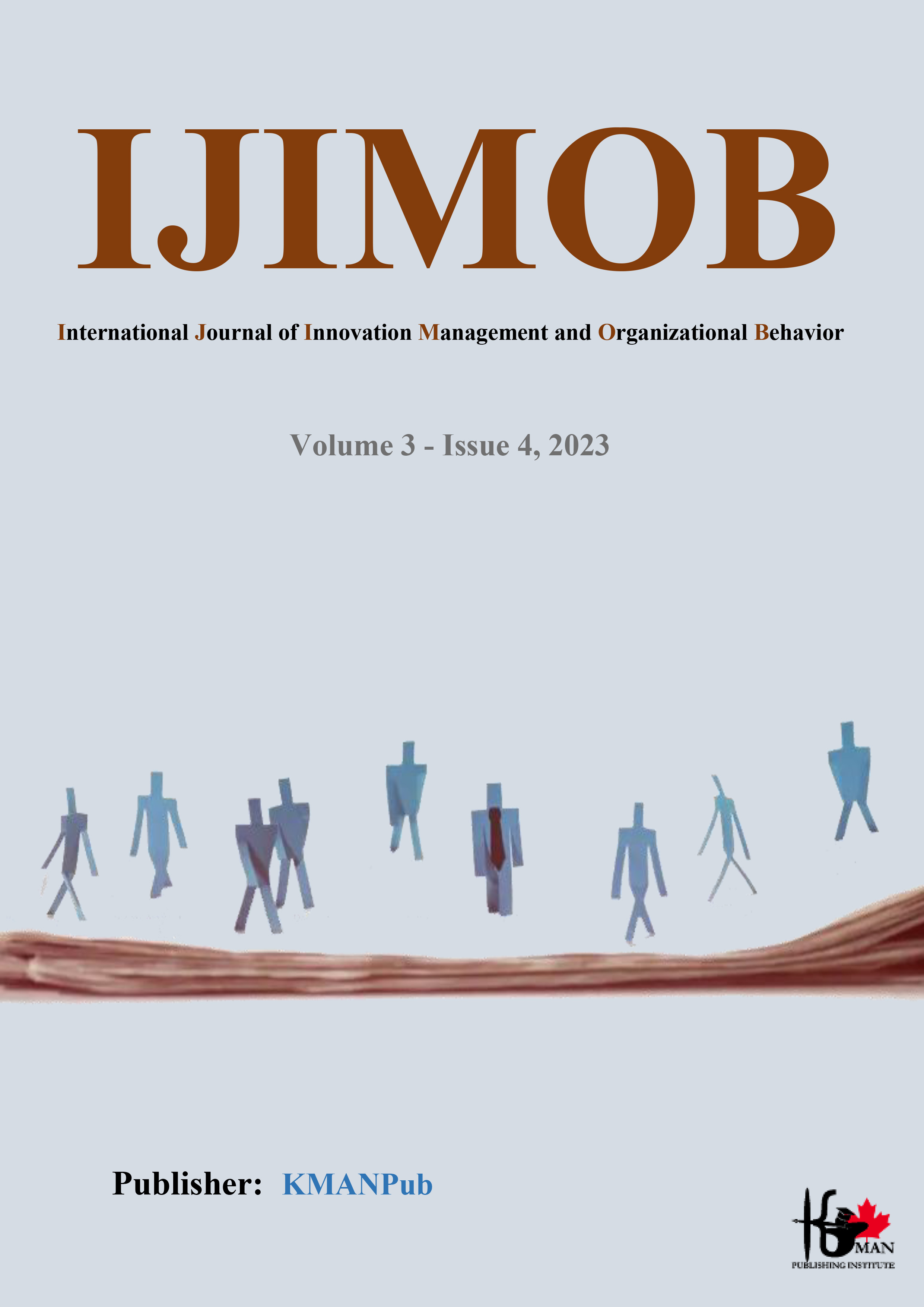Designing a Digital Leadership Model for Managers in Educational Organizations (Case Study: Islamic Azad University, Tehran Province)
Abstract
The field of the current research is about digital leadership related to the investigation of how digital technologies and new technologies affect the leadership process in organizations and educational organizations. The purpose of the current research is to provide a digital leadership model for managers of educational organizations (the study of Islamic Azad University of Tehran province). The research method is applied in terms of purpose, qualitative in terms of data type, and systemic (paradigmatic) in terms of the nature and type of data study. The intended research community includes experts in the field of human resources who have specialized doctorate education, who have authored articles, research and practical experience in this field. Based on theoretical sampling method of snowball type and based on theoretical saturation of data, 15 experts were selected for interview. The research tool was a semi-structured interview, in which the dimensions, components and indicators of the digital leadership model were set for managers of educational organizations (the study of Islamic Azad University of Tehran province). For the aforementioned interview form, a part of national and global models, findings, studies and theories were first examined, then, with open coding, indicators were counted and through axial coding, they were categorized in the form of dimensions, components and indicators, and for 15 people from sent by experts and with the help of selective coding through interviews and brainstorming, the dimensions and components were identified. The findings were finalized in 5 dimensions, 17 components and 121 indicators for the digital leadership model for managers of educational organizations (the study of Islamic Azad University of Tehran province). After the final confirmation and prioritization of the experts, the dimensions, components and indicators of the model were drawn, and the said model was validated again by the experts. The result of the current research in 5 dimensions: causal conditions, background conditions, intervening conditions, strategies, consequences and 17 components of digital culture, digital security, digital infrastructure, digital communication, digital structure, digital economy, digital intelligence, digital literacy, high documents Manual, leadership competencies, cognitive abilities, professional skills, human skills, realization of digital university, economic effects, social effects, environmental effects are presented.
Downloads
Downloads
Additional Files
Published
Issue
Section
License
Copyright (c) 2023 Zahra Rahmanitabar, Abbas Khorshidi, Alireza Araghieh , Nader Barzegar, Batoul Faghiharam (Author)

This work is licensed under a Creative Commons Attribution-NonCommercial 4.0 International License.
















